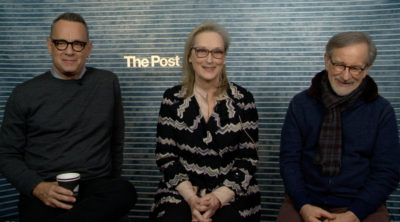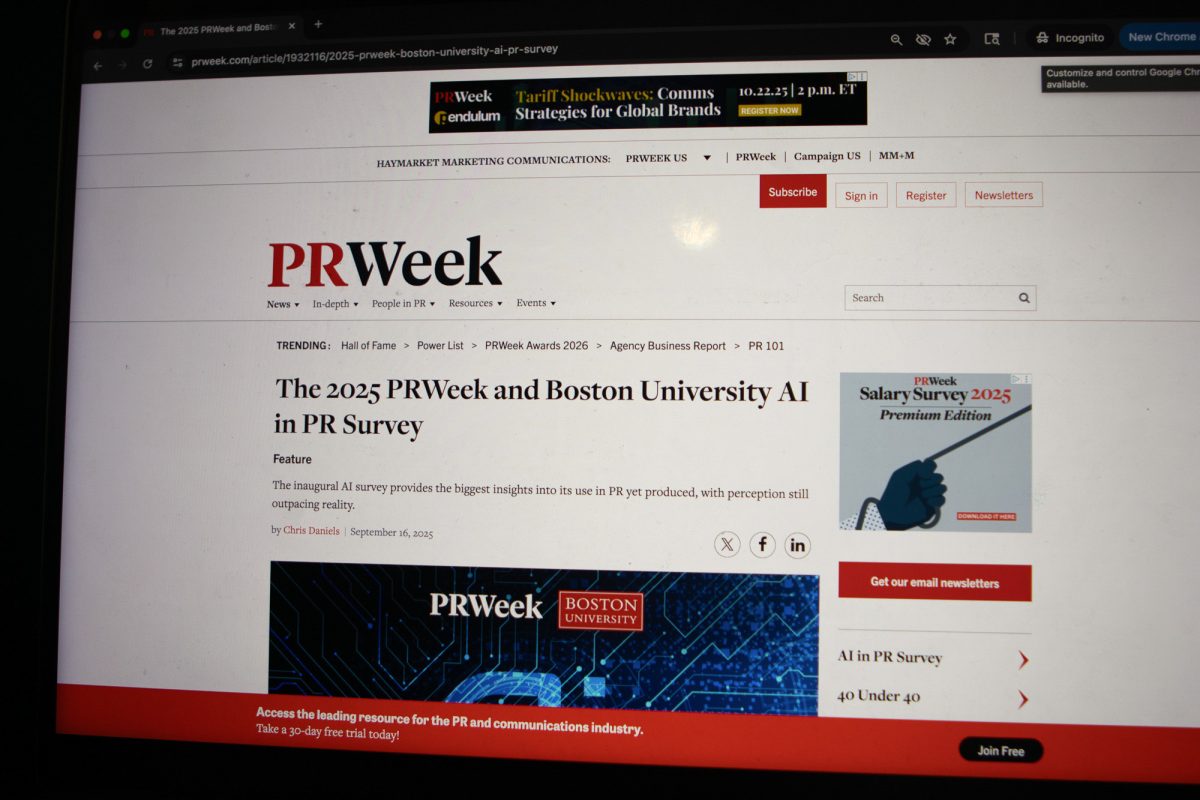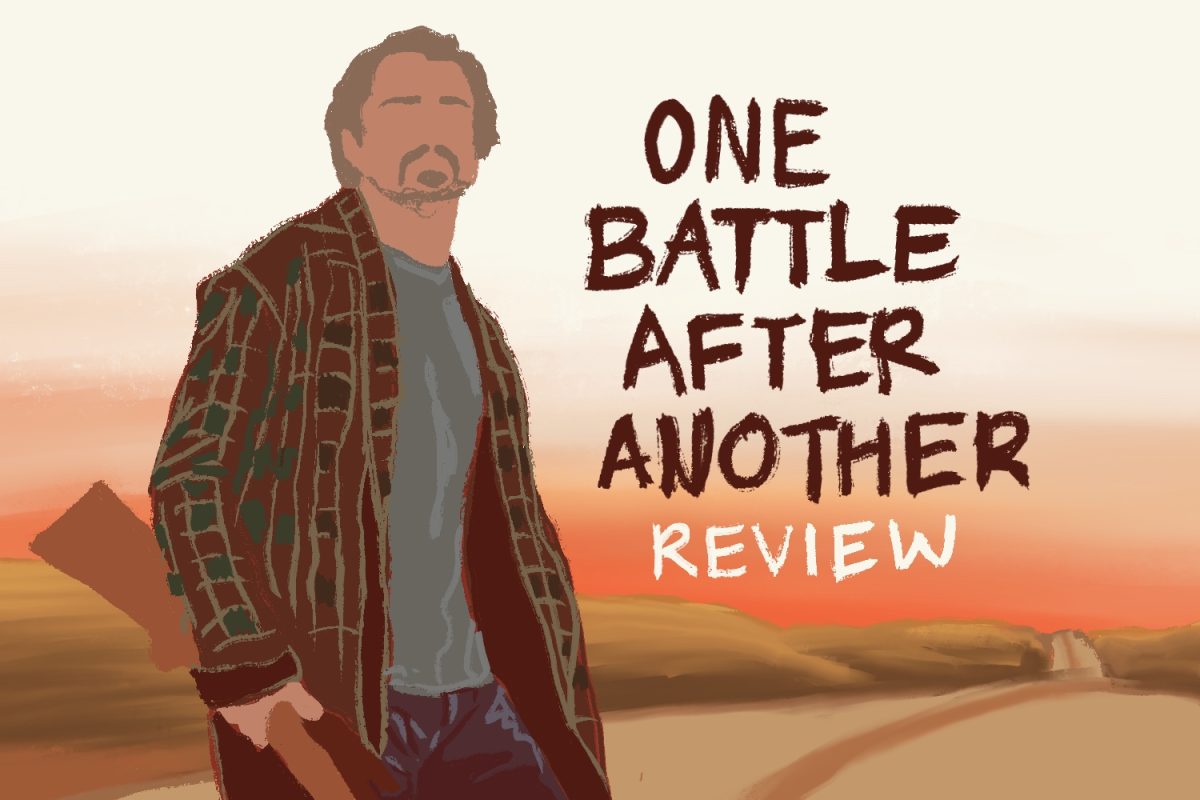
“The Post” is one of those rare movies that’s released at just the right time.
Following the story of The New York Times’ and The Washington Post’s publication of the sensitive Vietnam War-related government documents known as the Pentagon Papers, “The Post” is a thrilling and important reminder about the power of this country’s press and the significance of the First Amendment.
The bulk of the film follows the editors and owner of The Washington Post, who, after seeing the Nixon administration try to sue The New York Times over their stories about the Papers, decide to also publish parts of the documents, well aware of the possible ramifications.
The film is absolutely dripping with expertise at every level. Steven Spielberg is in the director’s chair, Tom Hanks and Meryl Streep are on screen and John Williams is behind the music — it’s a team that almost sounds too good to be true. Every aspect of the film is top-notch — not one department lags behind, making the movie incredibly watchable.
Historically, political dramas have a tendency for being slow-burning, meticulously-built films. “All the President’s Men,” one of the best journalism films of all time, is a famously slow-moving affair. That’s not a negative for that film, but it’s just not the case in “The Post.”
No, the pacing of the film is perfect. Each line pushes the next, each scene tumbles into the one that follows. Liz Hannah and Josh Singer, the screenwriters, have put together a tight, sharp script that makes the sub-two hour runtime feel even more succinct.
But of course, it’s the actors that bring the script to life. And bring it to life they do. Meryl Streep gives one of her best performances in recent memory as Katharine Graham, the publisher and owner of The Washington Post.
Graham is a woman in a man’s world. It’s a fact Spielberg makes a point to visually emphasize. Multiple, powerful shots show Kay entering a conference room full of male board members or walking through a herd of female secretaries to get into the Stock Exchange.
Streep’s performance is grounded and subdued, played with an interesting amount of restraint. Graham lets her actions and her decisions speak for themselves. She’s not perfect. In fact, she’s incredibly fallible. Graham second guesses her decisions in the film on more than one occasion, but that’s what makes her character so engaging.
Hanks is his usual tremendous self in the role of Benjamin Bradlee, the executive editor of The Washington Post during the Pentagon Papers and Watergate scandals. Bradlee is hard-nosed, funny and earnest — all qualities that could easily be used to characterize Hanks himself, and he emphasizes each of those characteristics in his performance.
Even the supporting cast in this film is unbelievable. Bruce Greenwood plays a phenomenal Robert McNamara, and Bob Odenkirk of “Breaking Bad” and “Better Call Saul” gives a fantastic dramatic performance as Post reporter Ben Bagdikian.
Although not too much time in the film is spent outside the newsroom, the 1970s America presented is believable and authentic. The newsroom itself was meticulously and fantastically recreated by set designers, making the smoky, typewriter-chatter-filled room burst with life — even the lengthy sequences of 1970s newspaper printing techniques are incredible to watch.
“The Post” is shot beautifully as well. At this point in his career, even Spielberg’s less-than-good films are anything but poorly directed. Cinematographer Janusz Kaminski, who’s worked with Spielberg for more than 20 years, gives us plenty of shots to remember. One long take through Bradlee’s home, as the reporters and editors sift through thousands of papers, is particularly memorable.
The best thing about “The Post,” however, is undoubtedly how timely it is. It’s a film about events that took place nearly 50 years ago, but its message resonates today more than ever.
In a time when politicians from all levels of government are attempting to undermine and subvert the press, a time when reporters from major, reputable publications are barred from the White House for being “fake news,” this movie is unbelievably appropriate.
There are plenty of quotes and sound bites from this film that might look good hanging over the doorways of newsrooms across the country, but one particular scene midway through the film stands out.
Bradlee animatedly reminds his team that Nixon can’t stop the Post from printing something simply because he didn’t like what they were publishing.
Nixon couldn’t. No politician can, and this movie is worth the watch if only because it reminds us of that truth.















































































































